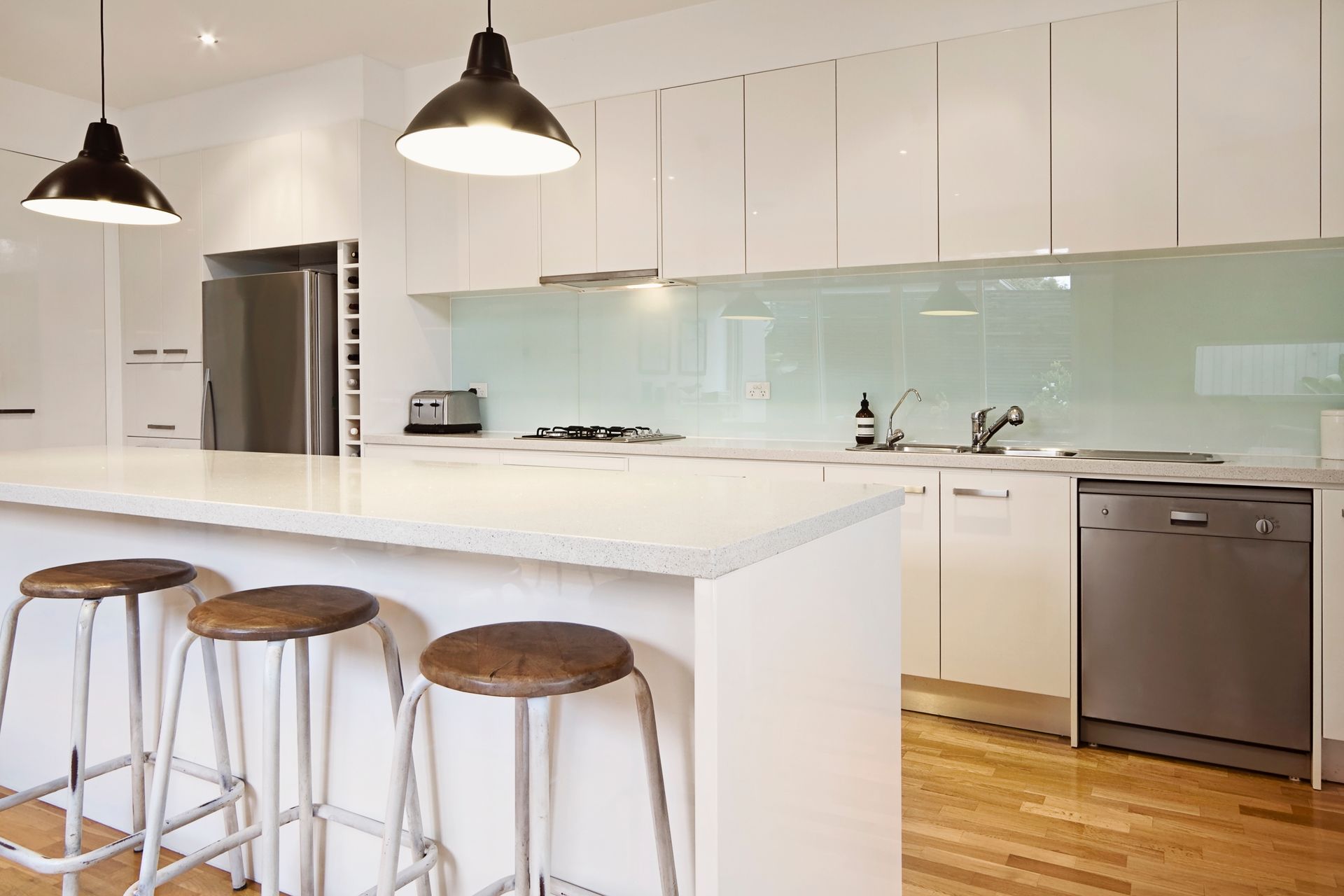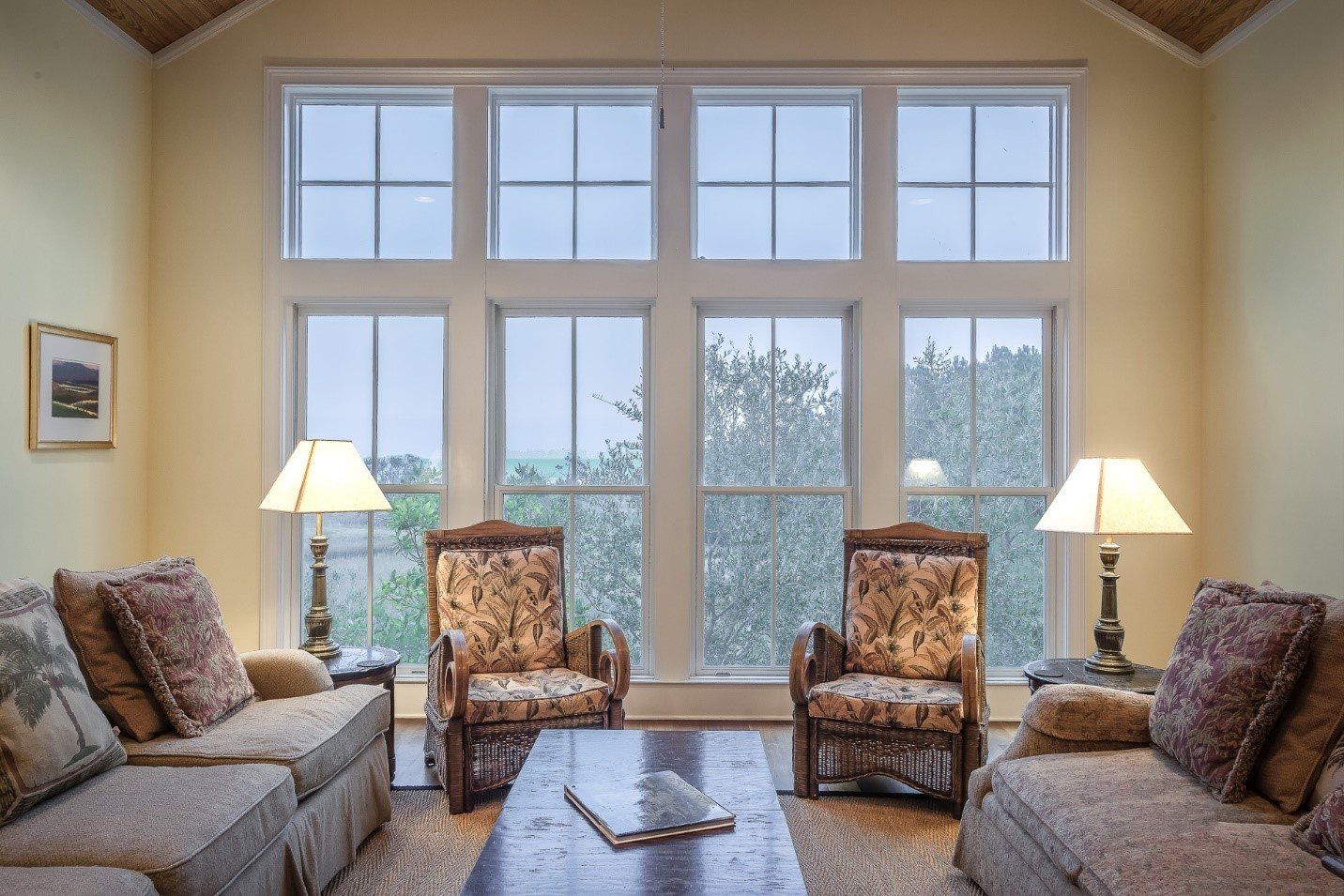6/79 High Street, Queanbeyan NSW 2620
Open Monday - Friday 7AM-5PM
Double Glazing of Windows vs. Single Glazing: Which Is Better?
The windows you choose can impact your home's insulation, noise control, and energy bills. While single glazing is traditional, double glazed windows are gaining popularity for their superior ability to keep homes warm, quiet, and secure.
In this blog, we’ll explore the key differences between a single and a double glazed window, comparing their pros and cons in terms of cost, insulation, soundproofing, energy efficiency, and overall value. Whether you're building a new home, renovating, or simply looking to upgrade, this guide will help you choose the best option for your home.
What is Single Glazing?
Single glazing refers to windows that have just one layer of glass. This is the most basic form of glazing and is commonly found in older buildings or homes where energy efficiency is not a priority. The glass pane in single glazing is typically set within a frame, but because there’s no additional layer of glass, it offers minimal insulation from temperature changes and noise.
Pros of Single Glazed Windows
Here are the pros of single glazing units:
Cost-Effective
Single glazing is often more affordable upfront compared to double glazing. However, it provides minimal thermal insulation, meaning homes with single-glazed windows and doors experience heat loss in the winter and significant heat gain in the summer, resulting in higher energy bills.
Lightweight
Single glazed units are generally lightweight. Due to this feature, they make installation and handling during construction easier. Not only can this minimise the stress on window frames but it can also potentially extend the lifespan of the surrounding structure.
Aesthetically Simple
These windows often have a clean, traditional look that suits many homes. Their classic design complements various styles, from contemporary to historical, making them a versatile choice for homeowners.
Lower Maintenance Costs
With fewer components involved, single-glazing typically require less upkeep. Cleaning and general maintenance are easier to manage over time since there are no seals or insulating layers that can degrade.
Availability
Single glazing is widely available in various styles and designs, offering flexibility in aesthetics. From sleek, minimalist frames to more decorative options, single glazing can easily be available to complement different architectural styles.
Higher Natural Light
Single-glazed windows may allow more natural light to pass through, making rooms appear brighter. This feature can enhance the atmosphere in spaces like living rooms or kitchens. Not only can this improve your mood and make spaces feel larger but the increased natural light can reduce the need for artificial lighting during the day, which could contribute to energy savings.
Cons of Single Glazed Windows
Here are the cons of single glazing:
Poor Insulation
Single glazing offers minimal thermal insulation, allowing hot or cold air to easily pass through. This means homes with single-glazed windows and doors tend to lose heat during the winter and gain excessive heat in the summer, making it harder to maintain a comfortable indoor temperature.
Condensation
Due to their limited insulation, single glazing is more prone to condensation buildup, which can cause mould or damage over time. When warm, moist air comes into contact with the cold surface of the glass, leading to water droplets forming on the interior.
Noise Reduction
Single glazing offers little to no soundproofing, which makes them unsuitable for homes in noisy or high-traffic areas. This lack of sound insulation can lead to a disruptive living environment, as constant noise from traffic, construction, or other sources can easily penetrate the home.
Security
Single glazing is easier to break than double or triple glazed alternatives, which can be a security concern. This vulnerability makes homes with single glazed windows more susceptible to break-ins, as they offer less protection against forced entry.
What is Double Glazing?
Double glazing refers to windows made with two panes of glass, separated by a small gap filled with air or an insulating gas like argon. This design creates a thermal barrier between the inside and outside of a building, which significantly improves insulation compared to single-glazed windows and doors. This leads to better energy efficiency, as less heating and cooling is required to maintain a comfortable environment, ultimately lowering heating and cooling costs.
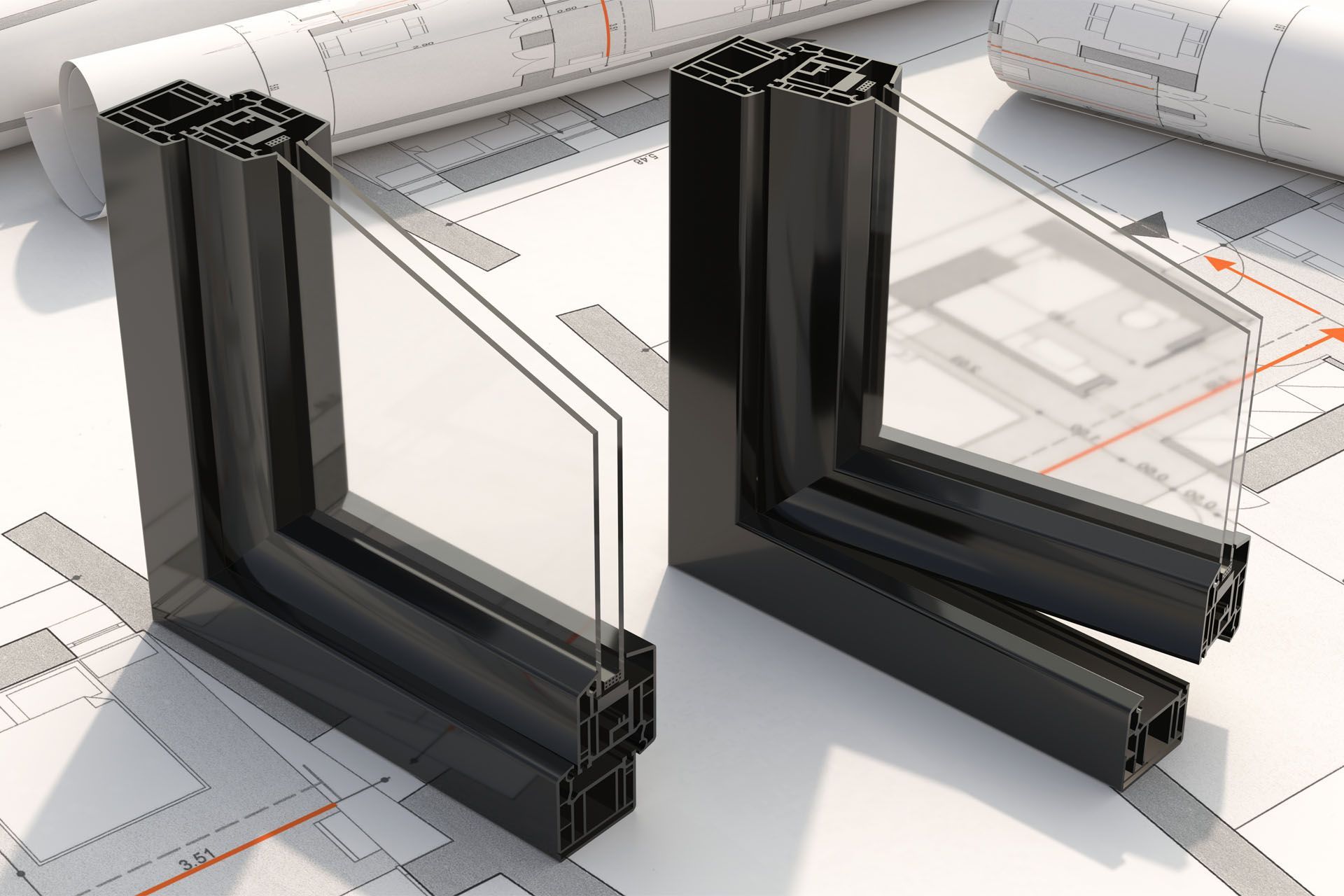
Pros of Double Glazed Windows
Improved Thermal Insulation
The insulating layer between the two panes of double glazed windows acts as a barrier that helps reduce heat loss in winter and heat gain in summer. As a result, your heating and cooling systems don't have to work as hard, helping to maintain a comfortable indoor temperature and can lower heating and cooling costs.
Energy Efficiency
Double-glazed windows consist of two glass panes with an insulating layer that reduces heat transfer, helping to maintain a comfortable indoor temperature year-round. This design eases the workload on heating and cooling systems, resulting in lower energy bills and a reduced carbon footprint. Not to mention, investing in double glazing enhances comfort and offers long-term energy savings, making it a sustainable choice for eco-conscious homeowners.
Low Emissivity Glass (Low-E Glass)
Low-E glass is a type of energy-efficient window glass with a very thin coating that helps block out infrared and ultraviolet light while still letting in visible light. This coating helps improve thermal insulation, making your double-glazed windows more energy-efficient and helping to lower your heating and cooling costs.
Noise Reduction
The space between the two panes of glass acts as an extra layer of insulation that not only blocks out common street noise, like traffic and construction, but also reduces disturbances from neighbours or nearby public spaces. Having these features, double glazed windows are ideal for homes in busy or noisy areas.
Double glazed windows are harder to break than single glazed ones, providing better security against break-ins and making them a safer option for homeowners. The two panes of glass, along with the insulating space in between, helps create a stronger structure that is less susceptible to impacts. For optimal performance and enhanced safety, consider expert installation of double glazed windows, ensuring that they are fitted correctly to maximise their benefits.
Reduced Condensation
The insulation provided by double glazing helps minimise condensation buildup on windows, reducing the risk of mould and damage to frames and sills. By reducing temperature fluctuations between the interior and exterior surfaces of the glass, double-glazed windows prevent moisture from accumulating on the window surface, which can otherwise lead to unsightly water stains and deterioration over time.
Increased Property Value
Choosing double glazed windows can significantly increase a home's resale value, as they are often seen as more modern and energy-efficient. Buyers are increasingly seeking properties with energy-saving features, and double glazing serves as a major selling point. This option not only enhances the aesthetic appeal of the home but also offers improved insulation, reduced energy bills, and increased comfort.
Cons of Double Glazed Windows
Here are the cons of double glazed windows:
Higher Initial Cost
Double glazed windows typically cost more upfront than single glazed options, including both the purchase price and installation costs. However, this higher initial investment can be offset over time through significant energy savings.
Weight
Double glazed windows and doors are heavier than single glazed windows and doors. In some cases, homeowners may need to consider the structural integrity of their existing window openings to know if they can support the added weight without compromising safety or performance.
Potential for Seal Failure
Over time, the seal between the glass panes in a double glazed window can fail, leading to moisture buildup and reduced effectiveness. Not only can this moisture lead to unsightly condensation, but it can also compromise the insulating properties of the window.
Limited Aesthetics
Some homeowners may find that double glazed windows do not fit the aesthetic of older homes, as they can look bulkier than traditional single glazed windows.
Less Visibility
The presence of two panes can slightly reduce the amount of natural light that enters the home compared to single glazing. While this reduction is often negligible, it may be noticeable in smaller spaces or rooms with limited natural light.
Takeaway
Choosing between double glazed windows and single glazed units depends on your needs. While single glazing may be more budget-friendly initially, the long-term benefits of double glazed windows make it a wise investment. If you want to enhance your home’s energy efficiency and comfort in the long run, contact Shane's Glass for a free quote. We specialise in the installation and replacement of double glazed windows.
-
GET IN TOUCH
I hope you enjoy reading this blog post.
If you’d like more information or a free quote on any one of our services, simply get in touch today.
We’re always delighted to assist.
I hope you enjoy reading this blog post.
If you’d like more information or a free quote on any one of our services, simply get in touch today.
We’re always delighted to assist.
Why Choose Shane’s Glass?
With 45 years of combined experience, Shanes Glass is a family-owned and operated business known for delivering fair and affordable pricing, reliable, friendly, and punctual service, and custom solutions tailored to every project.

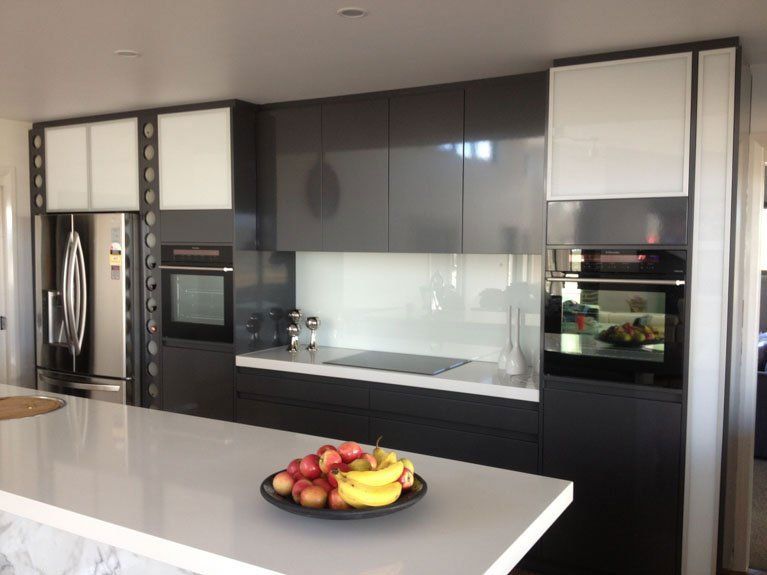
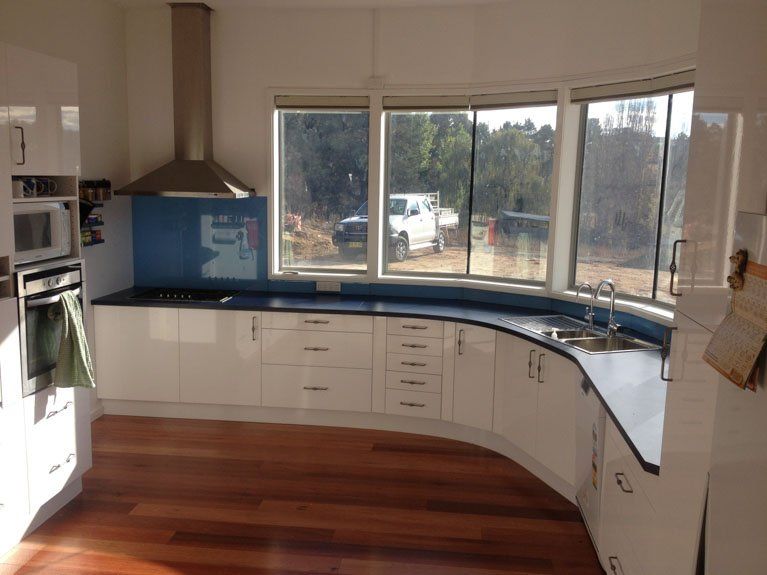

Shane’s Glass has over 45 years of combined glazing experience. We’ve built a strong reputation in Canberra and Queanbeyan for delivering reliable glass services with quality workmanship and exceptional customer care.
Contact Us
Monday – Friday: 7:00 AM – 5:00 PM
6/79 High Street, Queanbeyan NSW 2620
Quick Links
Glass Services
Glass Types
Information and Insights






